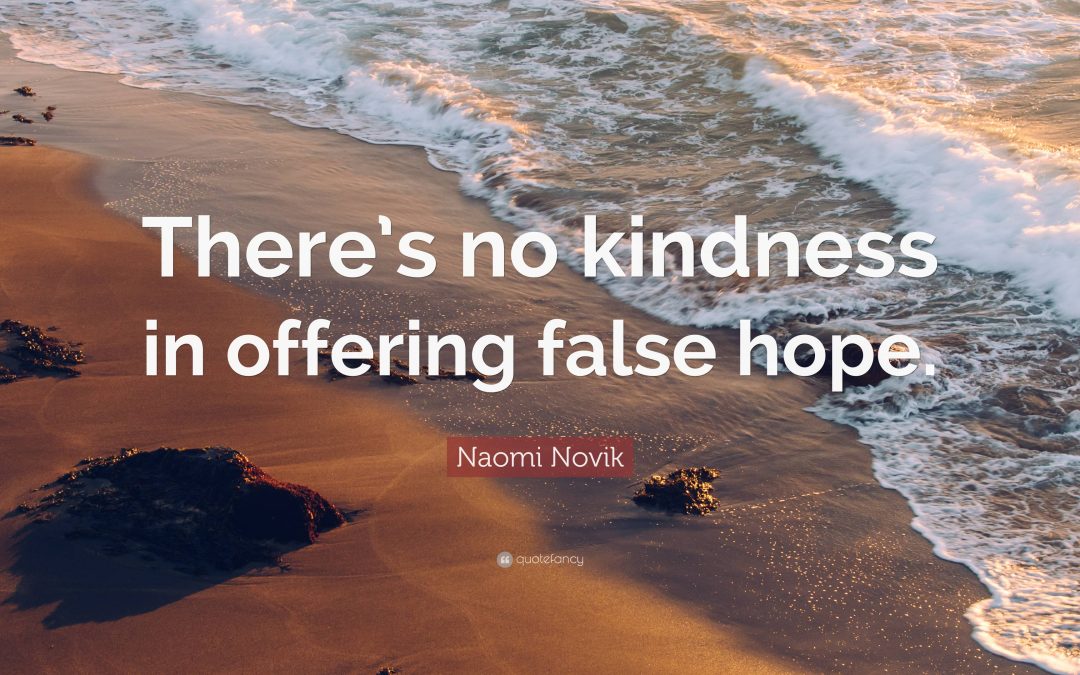In a recent article in Wired magazine called The Case Against Hopewashing author Rose Eveleth discusses how hope is being used by businesses and corporations in attempts to brainwash consumers using references to hopeful outcomes, “to make it seem like they’re making the world a better, more hopeful place, while in reality they’re doing the opposite.” This is a type of Neuromarketing where cutting edge brain research and the latest psychological studies are used to create powerful advertising campaigns by tapping into what these sciences have learned about the way our minds work. One example of this strategy involves coupling a rosy future with specific products. In so doing advertisers are suggesting that they are offering some kind of hopeful future to consumers. Eveleth uses the example of this Wells Fargo commercial to illustrate this phenomenon.
Notice that in this example hope is used to suggest that dealing with Wells Fargo is a trusted way to ensure a hopeful future. They call it “Hope USA”. Sounds great doesn’t it? The emotional impact of the commercial is powerful because there is not a second of it that is not carefully sculpted to speak to our need to feel hopeful about the future. Millions of dollars are spent every year on these manipulative advertising campaigns. And the sad truth is they work. Because our need to feel hopeful about the future is hardwired in our DNA we are intrinsically susceptible to messages that seem to promise a better future. But the truth is that these carefully conceived messages of hope are, actually, incredibly expensive, fabricated deceptions. In the language of The Hopeful Mindset they are products of the Cynical (independent) Mindset’s values meant to enhance the profits of the companies that pay for them.
Incidentally, this is the same Wells Fargo that was recently involved in a fraudulent cross-selling scandal.
Given the deceptive use of hope in marketing it begs the question, “Is hope ever justified or is it simply a human need to be exploited by cleverly designed marketing campaigns?” The Hopeful Mindset offers some perspective on this question.
In The Hopeful Mindset hope is said to be justified if it is clear that the efforts we make in support of a better future have a good chance of succeeding. This means that the kinds of efforts we make should be in line with the reality of the situation and with the way things work in the world. It is crucial then, that we are operating from an accurate understanding of how things actually are in the world. If we hold faulty assumptions about the nature of reality it is unlikely that we will be able to come up with plans for moving forward that will be lasting in the long run. We might come up with some quick fixes or “band-aid” solutions or latch onto messages of hope offered up by clever advertisers but these unjustified strategies will not endure.
The Hopeful (interdependent) Mindset describes a view of our place in nature based on the interdependence of existence. This view does not deny the finite supply of material resources or other real problems facing us today. But, instead of reacting to these facts through the competitive accumulation of resources, the reality of interdependence leads us to cooperate in managing resources in sustainable ways. The pursuit of wealth and power as a hedge against scarcity is no longer appealing. What matters is the big picture in the long term. The interdependent perspective values things like resilience, sustainability, respect for others and the environment, contribution to the greater good, and openness.
These values tend to lead to actions and outcomes that support a better world. In other words there is hope for a better future when our choices and actions are guided by the values of an interdependent view of the world. In this way confidence that you can continue to act in line with your values, no matter what life throws at you, is vindicated. And because these efforts are in accordance with the interdependent nature of reality the chances of them leading to beneficial results are greatly enhanced.
Furthermore, this understanding of hope can serve to inoculate you against becoming “hopewashed” by unscrupulous advertisers. Knowing that real hope is only justified when there is a path toward a goal that is based on the values inherent in the interdependent nature of the world makes it clear that claims of hope lacking this grounding are unlikely to make things better and are actually likely to make things worse in the long run.
Hopewashing is most effective when its targeted consumers are unaware that they are being subjected to it. Awareness of how to distinguish between justified hope and false hope prevents hopewashing from occurring in the first place and is an antidote to its effects if it has already taken place. Hope is essential to our sense of wellbeing but to inspire lasting confidence it needs to be sustained by the values arising from the interdependent understanding of existence. Knowledge of the truth has the power to banish the false.

